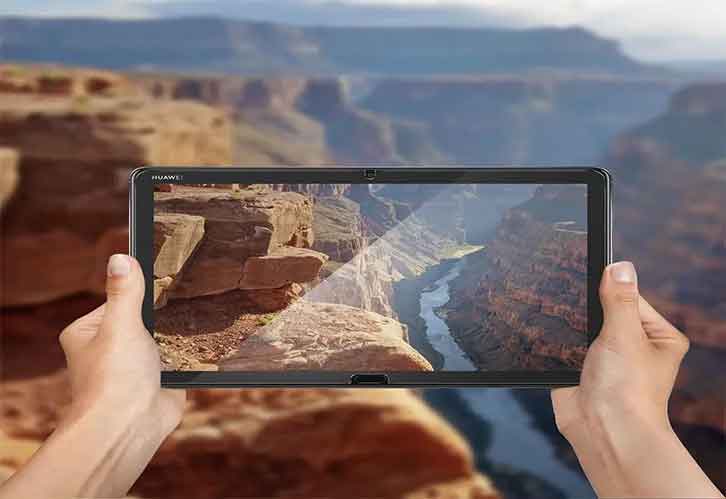Conservazione del patrimonio cutlurale: Cordis Results Pack
L’Europa, con la sua ricca diversità culturale, punta alla conservazione del patrimonio culturale per le future generazioni. Il CORDIS Results Pack evidenzia come la digitalizzazione del patrimonio culturale e l’intelligenza artificiale (IA) stiano giocando un ruolo cruciale in questo processo.
In un continente caratterizzato da una grande varietà di beni culturali, la conservazione del patrimonio culturale europeo è un obiettivo prioritario. Le tecnologie digitali offrono soluzioni innovative per proteggere e valorizzare il patrimonio, come dimostrano i 16 progetti finanziati dall’UE con un totale di 45 milioni di euro presentati nel CORDIS Results Pack.
Le minacce al nostro patrimonio culturale possono essere di origine naturale o umana, come inquinamento, inondazioni, erosione, vandalismo e manutenzione inadeguata. La digitalizzazione del patrimonio culturale è fondamentale per la protezione, conservazione, restauro, ricerca, diffusione e promozione di beni culturali materiali e immateriali.
Le tecnologie digitali, come la modellizzazione 3D, l’IA e la realtà virtuale/aumentata, vengono utilizzate non solo per garantire la conservazione, ma anche per stimolare l’immaginazione e la consapevolezza sociale dei giovani europei nativi digitali. Il concetto di “museo virtuale” sta guadagnando sempre più popolarità, grazie alle numerose innovazioni digitali degli ultimi 20 anni.
La Commissione europea supporta la politica culturale degli Stati membri attraverso finanziamenti e coordinamento, con particolare attenzione alla digitalizzazione e all’accesso online al materiale culturale. Europeana, la piattaforma europea per il patrimonio culturale digitale, collabora con migliaia di archivi, biblioteche e musei per facilitare l’accesso e il riutilizzo dei contenuti culturali.
Il programma Orizzonte 2020 offre un sostegno significativo alla ricerca e all’innovazione nel settore del patrimonio culturale, con un’enfasi sull’uso delle tecnologie all’avanguardia. Tra il 2014 e il 2020, i fondi destinati al patrimonio culturale digitale attraverso Orizzonte 2020 hanno raggiunto circa 70 milioni di euro, e il finanziamento di queste iniziative continuerà con il prossimo programma di ricerca e innovazione, Orizzonte Europa.
Il CORDIS Results Pack presenta 16 progetti che contribuiscono agli sforzi di digitalizzazione del patrimonio culturale. Tra questi, ARCHES, DigiArt ed EU-LAC-MUSEUMS utilizzano tecnologie come la modellizzazione 3D e la realtà aumentata per aumentare l’accessibilità e la fruizione dei musei.
Altri progetti si concentrano sull’aumento della consapevolezza sociale e dell’interesse per il patrimonio culturale, come PLUGGY, che ha sviluppato il primo social network dedicato alla promozione del patrimonio culturale europeo, e I-Media-Cities, che ha lanciato una piattaforma rivoluzionaria basata su materiale audiovisivo per scoprire il patrimonio culturale di nove città europee.
Nel 2021, sono stati aggiunti quattro nuovi progetti, tra cui NewsEye, che sviluppa strumenti per conservare e facilitare la ricerca di giornali storici, e TROMPA, che sperimenta strumenti digitali per arricchire e democratizzare il patrimonio di musica classica attraverso una configurazione di co-creazione orientata all’utente.
In conclusione, la digitalizzazione del patrimonio culturale e l’impiego dell’IA stanno rivoluzionando il modo in cui proteggiamo e valorizziamo i beni culturali europei, stimolando l’immaginazione e la consapevolezza sociale delle generazioni future.

